Indigenous Governance Database
citizenship criteria
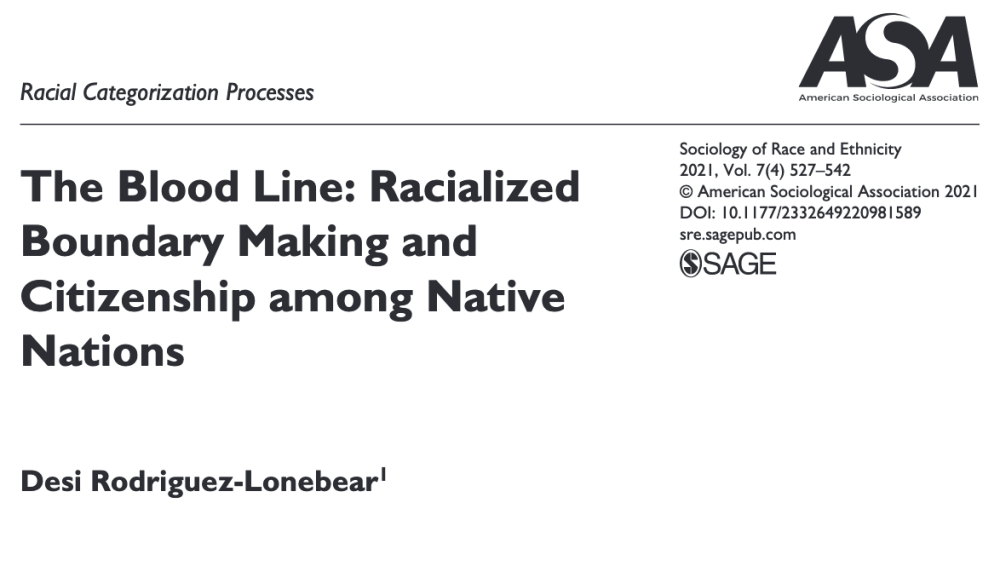
The Blood Line: Racialized Boundary Making and Citizenship among Native Nations
Blood informs a central racial ideology in the United States that has historically been used to racialize many different groups. American Indians (AIs) are the only population in the United States for whom the racial logic of blood remains codified as a means of conferring collective belonging.…
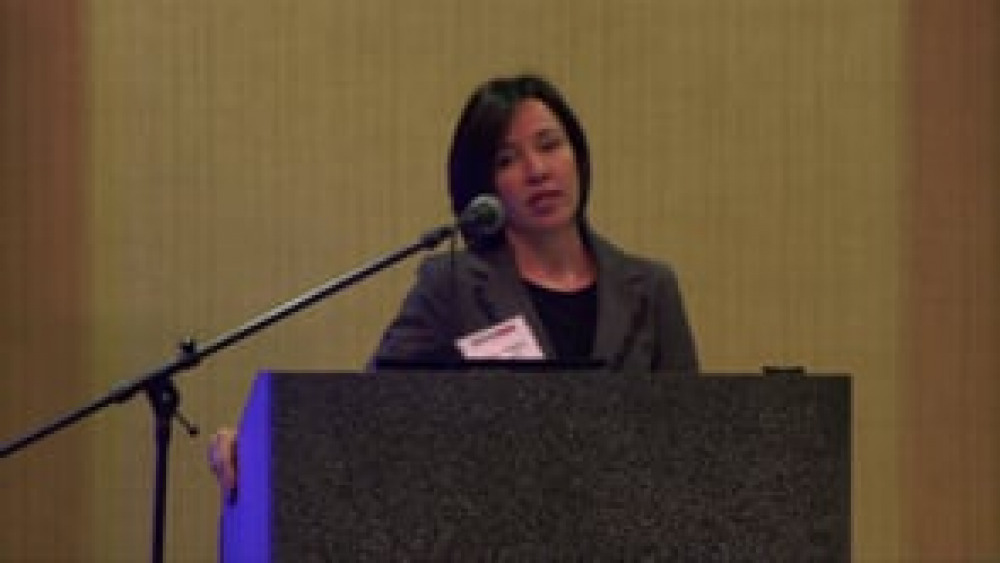
Vanya Hogen: Redefining Citizenship Criteria Through Constitutional Reform and Other Means
Lawyer and tribal judge Vanya Hogen (Oglala Sioux) discusses the difficulties inherent in amending Indian Reorganization Act (IRA) constitutions to redefine tribal citizenship criteria, and shares the story of the Shakopee Mdewakanton Sioux Community as an example of one Native nation with an IRA…
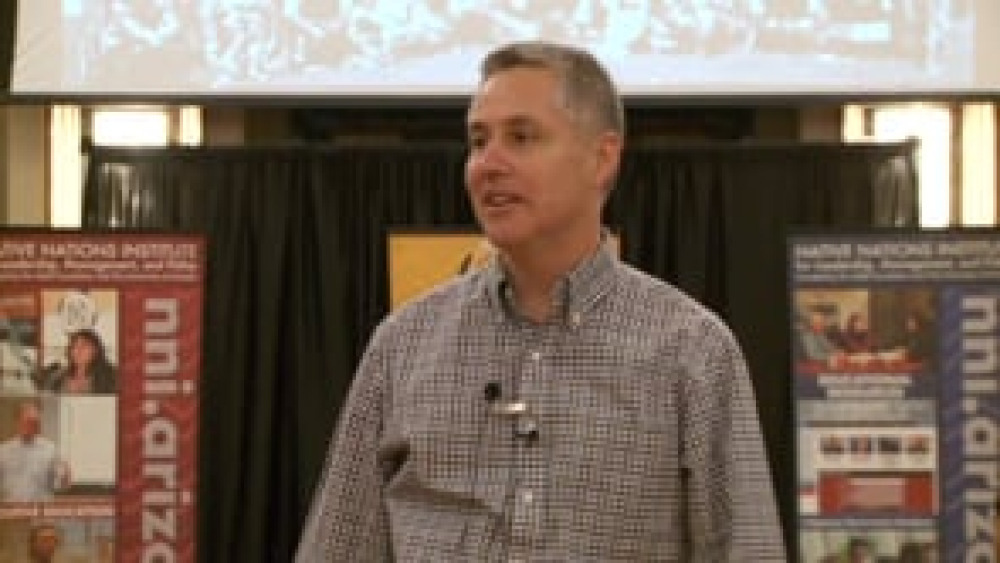
John Borrows: Who Are We and How Do We Know?
University of Minnesota Law Professor John Borrows (Anishinaabe) discusses how the Anishinaabe traditionally defined and practiced notions of social identity and belonging, and how those definitions and practices were rooted in relationships: relationships between those deemed to be part of the…
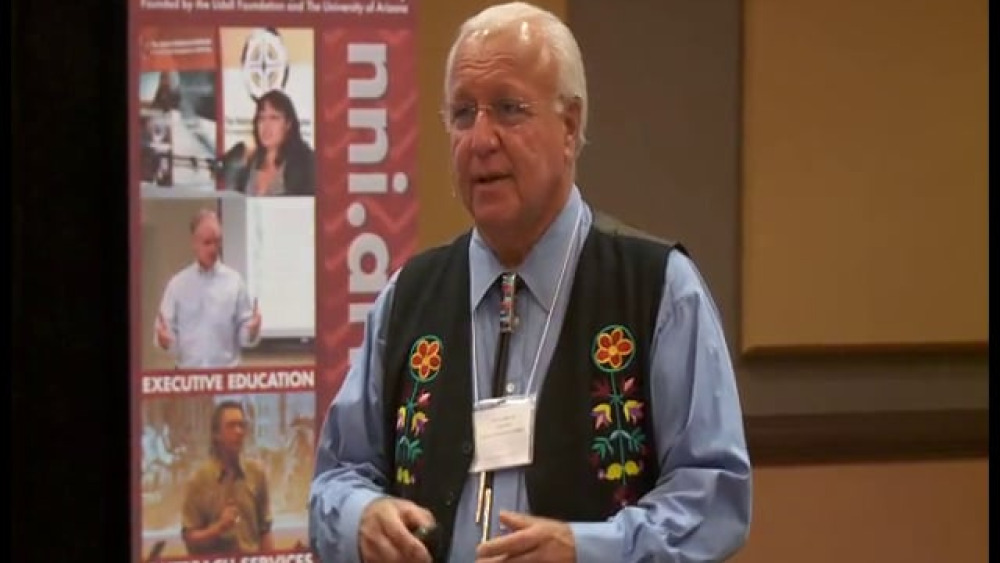
John "Rocky" Barrett: The Origins of Blood Quantum Among the Citizen Potawatomi
In this excerpt from his presentation at NNI's "Emerging leaders" seminar in 2012, Citizen Potawatomi Nation Chairman John "Rocky" Barrett provides an overview of how the U.S. government -- specifically the Bureau of Indian Affairs -- imposed blood quantum on the Citizen Potawatomi people, and how…

Ian Record: Constitutional Reform: Some Perspectives on Process
Dr. Ian Record, NNI Manager of Educational Resources, provides a broad overview of the inherent difficulties involved with constitutional reform, the different processes that Native nations are developing to engage in constitutional reform, and some of the effective reform strategies that NNI is…
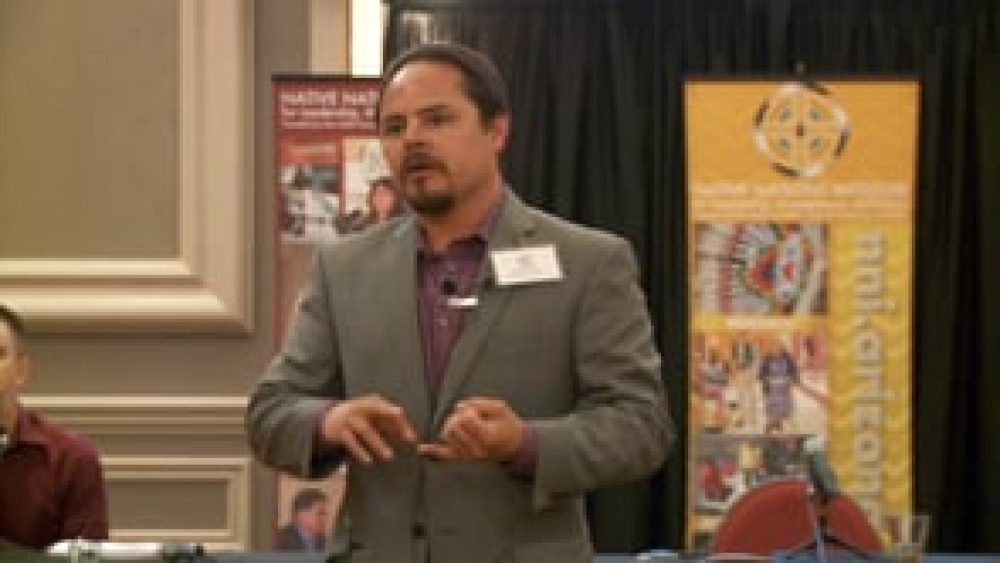
Carlos Hisa and Esequiel (Zeke) Garcia: Ysleta del Sur Pueblo: Redefining Citizenship
Carlos Hisa and Esequiel (Zeke) Garcia from Ysleta del Sur Pueblo (YDSP) provide an overview of the approach that YDSP is following as it works to redefine its criteria for citizenship through community-based decision-making. They also share the negative impacts that adherence to blood quantum as…
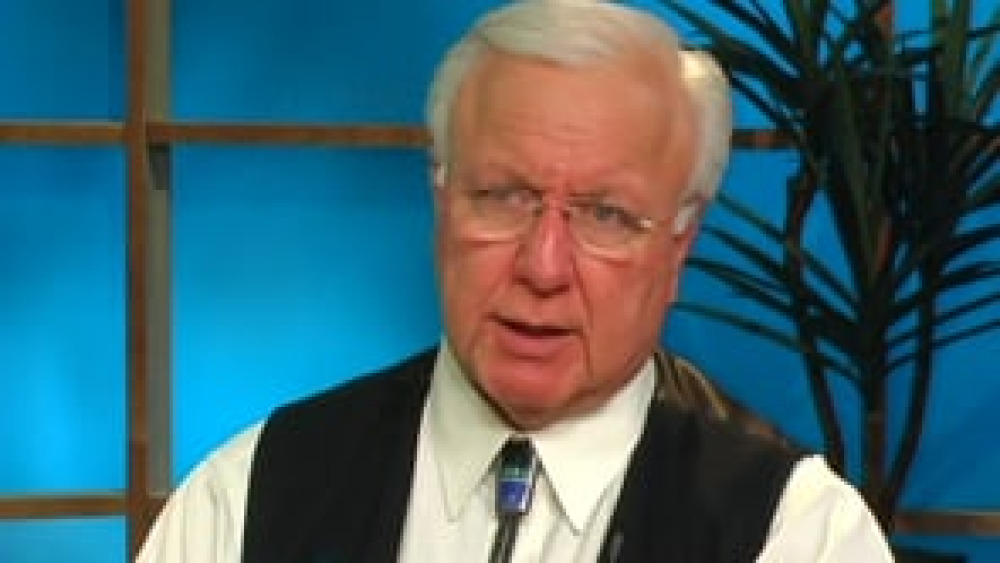
John "Rocky" Barrett: Citizen Potawatomi's Inclusive Approach to Citizenship
A 3-minute clip of an interview with Chairman Barrett describing how Citizen Potawatomi Nation created a government structure and constitution that worked for the nation's large and very dispersed population.
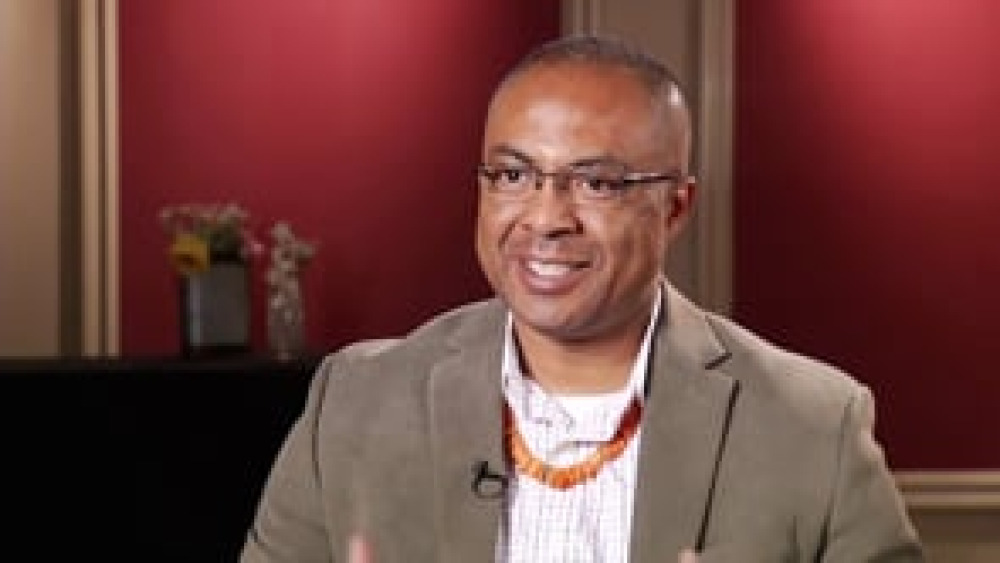
Richard Luarkie: The Pueblo of Laguna: A Constitutional History
In this informative interview with NNI's Ian Record, Laguna Governor Richard Luarkie provides a detailed overview of what prompted the Pueblo of Laguna to first develop a written constitution in 1908, and what led it to amend the constitution on numerous occasions in the century since. He also…
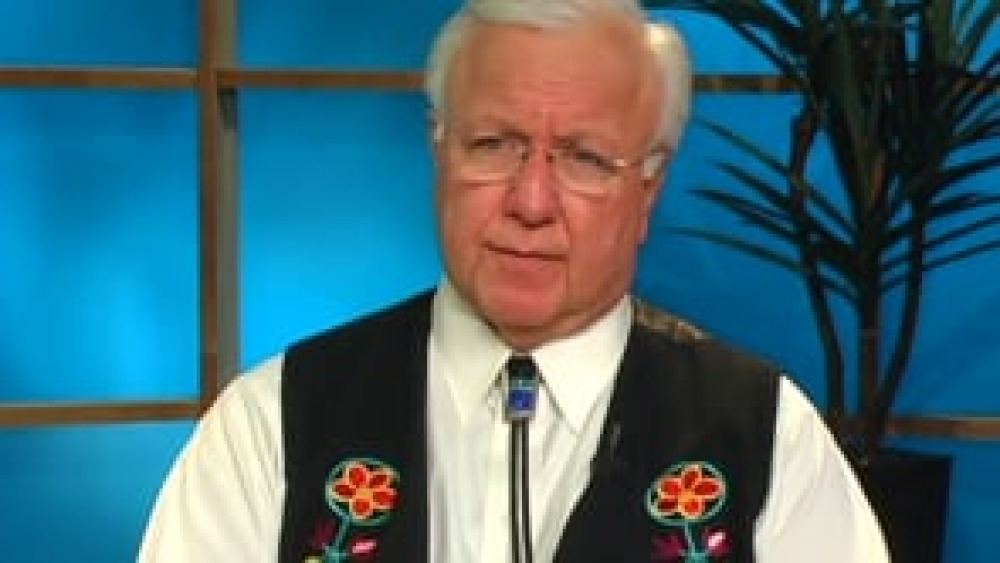
John 'Rocky' Barrett: Blood Quantum's Impact on the Citizen Potawatomi Nation
In this short excerpt from his 2009 interview with NNI, Citizen Potawatomi Nation Chairman John "Rocky" Barrett discusses the devastating impacts that blood quantum exacted on the Citizen Potawatomi people before the nation did away with blood quantum as its main criteria for citizenship through…
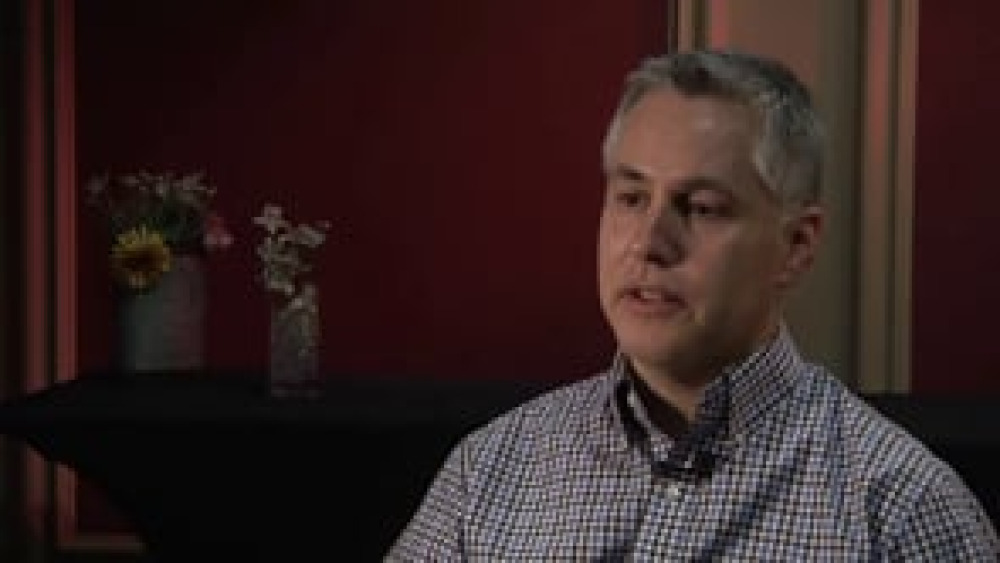
John Borrows: Revitalizing Indigenous Constitutionalism in the 21st Century
In this thoughtful conversation with NNI's Ian Record, scholar John Borrows (Anishinaabe) discusses Indigenous constitutionalism in its most fundamental sense, and provides some critical food for thought to Native nations who are wrestling with constitutional development and change in the 21st…
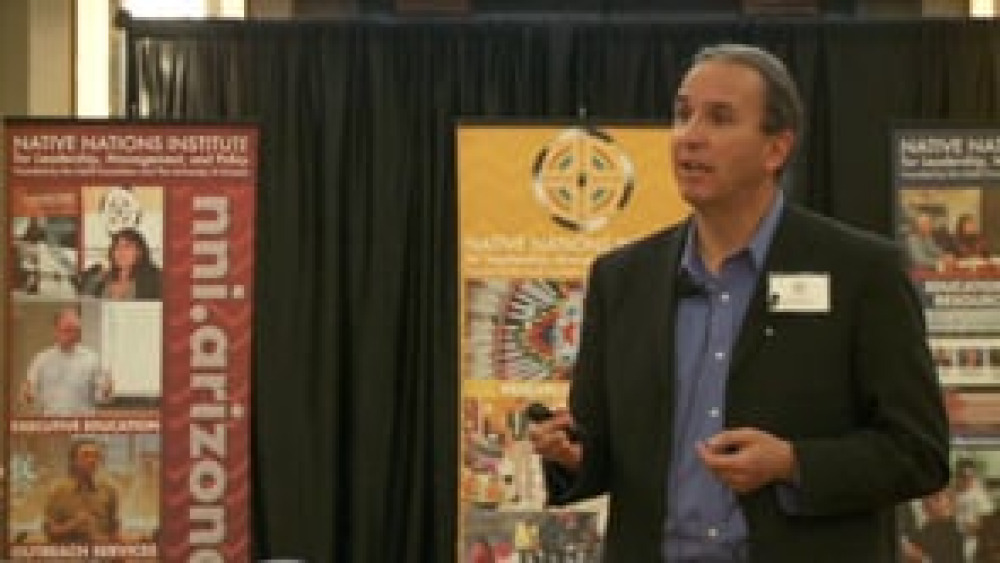
Terry Janis: Citizen Engagement and Constitutional Change at the White Earth Nation
Terry Janis (Oglala Lakota), former Project Manager of the White Earth Nation Constitution Reform Project, provides participants with a detailed overview of the multi-faceted approach to citizen engagement that the White Earth Nation followed as it worked to educate the White Earth people about the…
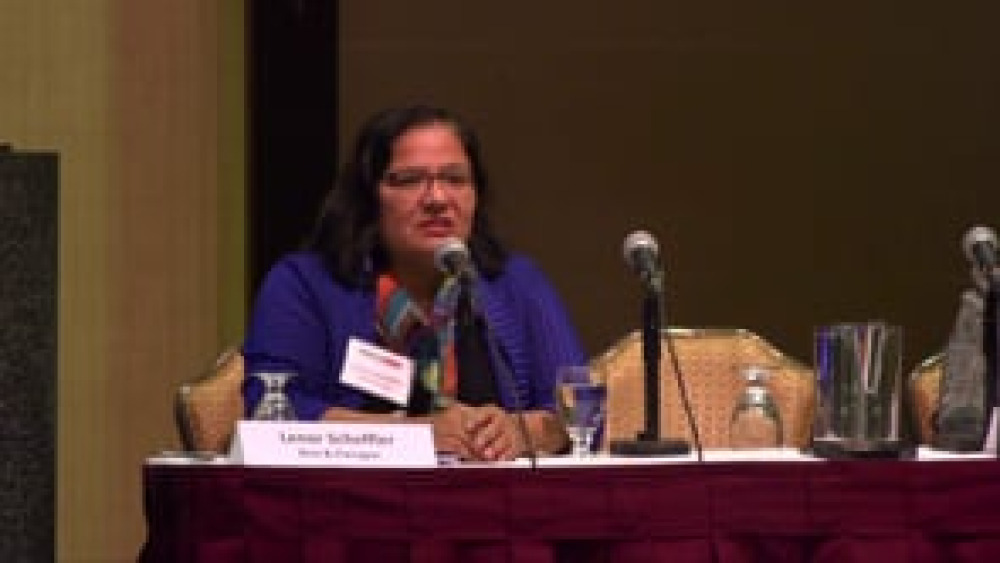
Lenor Scheffler: The Lower Sioux Indian Community's Approach to Citizenship
Lawyer Lenor Scheffler (Lower Sioux Indian Community) provides an overview of the Lower Sioux Indian Community's approach to defining citizenship, which is predicated on residency within the Lower Sioux reservation's boundaries. She also discusses how eligibility for tribal social services is tied…
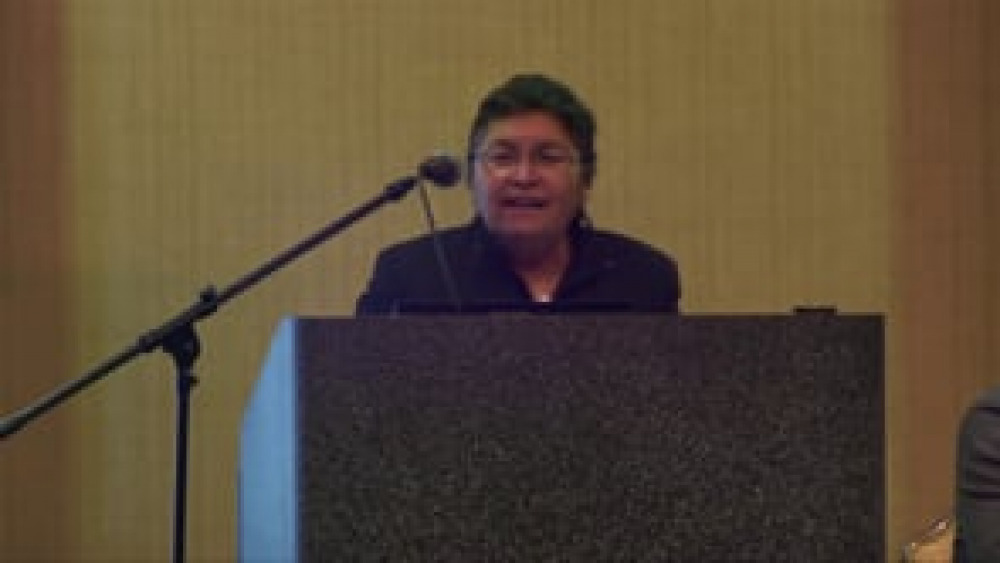
Sharon Day: Disenrollment: Contemplating A More Inclusive Approach
Sharon Day (Bois Forte Band of Chippewa) makes a compelling case for Native nations to abandon externally imposed criteria for citizenship that continue to cause internal divisions within Native nations and communities and instead return to Indigenous cultural values and teachings predicated on…
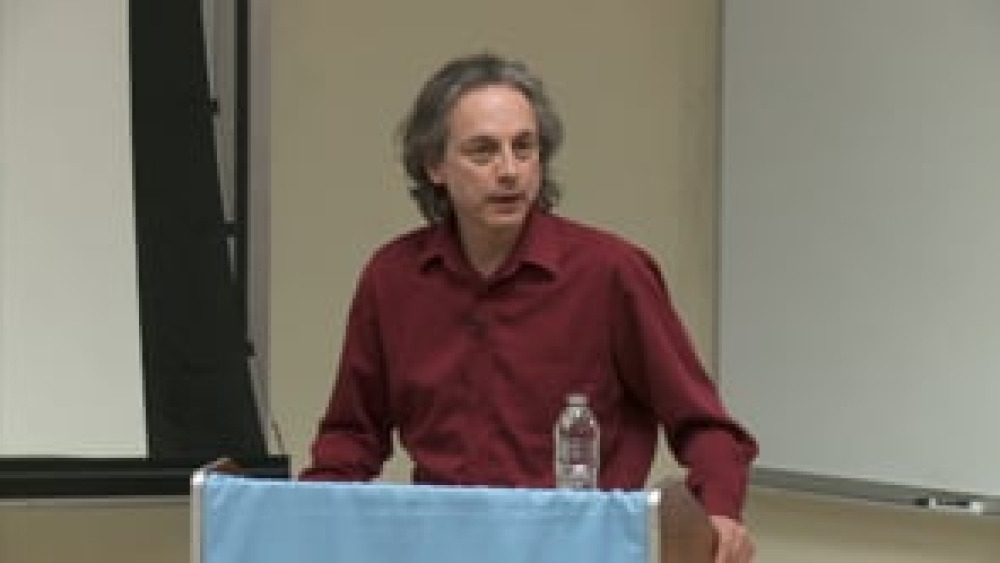
Robert Innes: Elder Brother and the Law of the People: Maintaining Sovereignty Through Identity and Culture
Robert Innes, a citizen of the Cowessess First Nation in Saskatchewan, discusses how traditional Cowessess kinship systems and practices continue to structure and inform the individual and collective identities of Cowessess people today, and how those traditional systems and practices are serving…
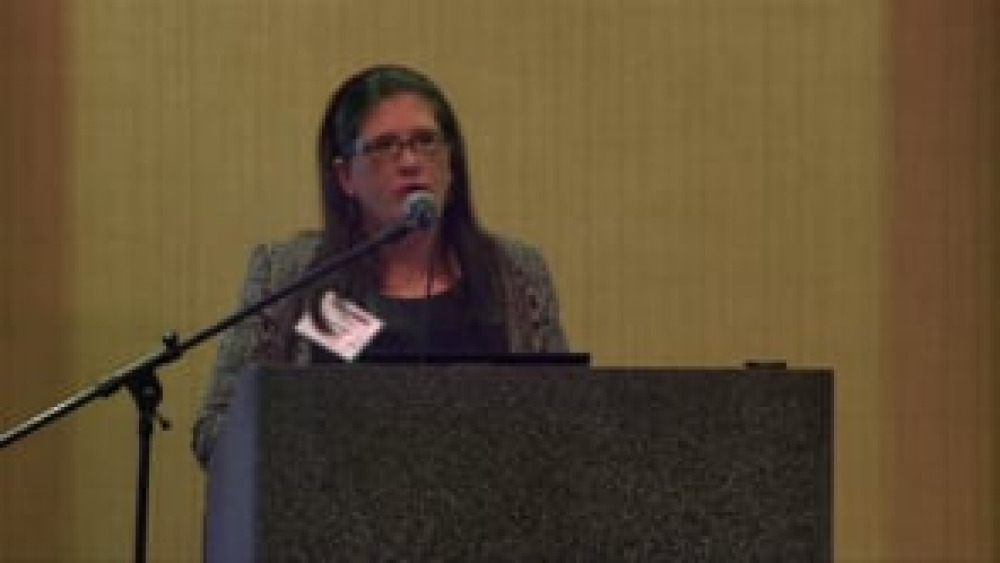
Sarah Deer: The Muscogee (Creek) Nation's Approach to Citizenship
Sarah Deer (Muscogee), Co-Director of the Indian Law Program at the William Mitchell College of Law, provides a brief overview of the Muscogee (Creek) Nation's unique approach to defining its citizenship criteria, which essentially creates two classes of citizens: those who run for elected office,…
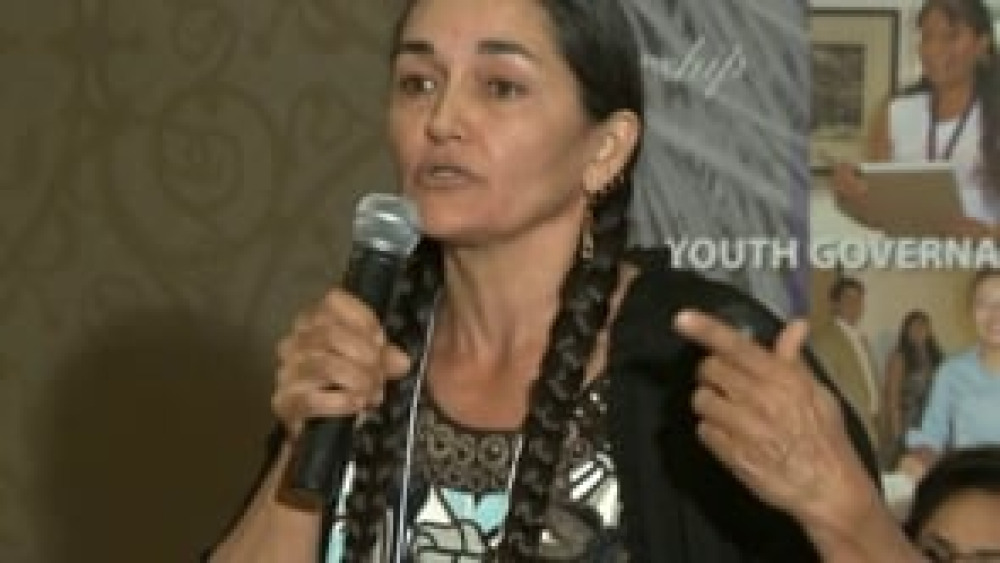
Gwen Phillips: The Relationship Between Constitution, Culture, and Citizenship
Gwen Phillips, Director of Corporate Services and Governance Transition with the Ktunaxa Nation, discusses some of the issues that the Ktunaxa Nation is deliberating as it engages the question of how to redefine its criteria for citizenship.
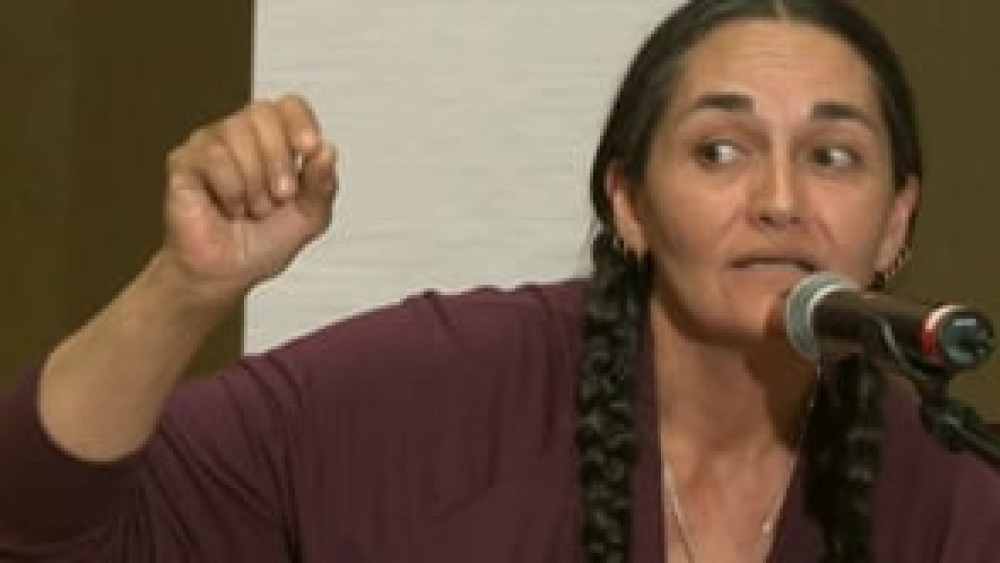
Gwen Phillips: Defining and Cultivating Strong, Healthy Ktunaxa Citizens
Gwen Phillips, Director of Corporate Services and Governance Transition with the Ktunaxa Nation, discusses how Ktunaxa people gained a sense of Ktunaxa identity and belonging traditionally, and the different criteria that Ktunaxa is considering including among its citizenship criteria today.
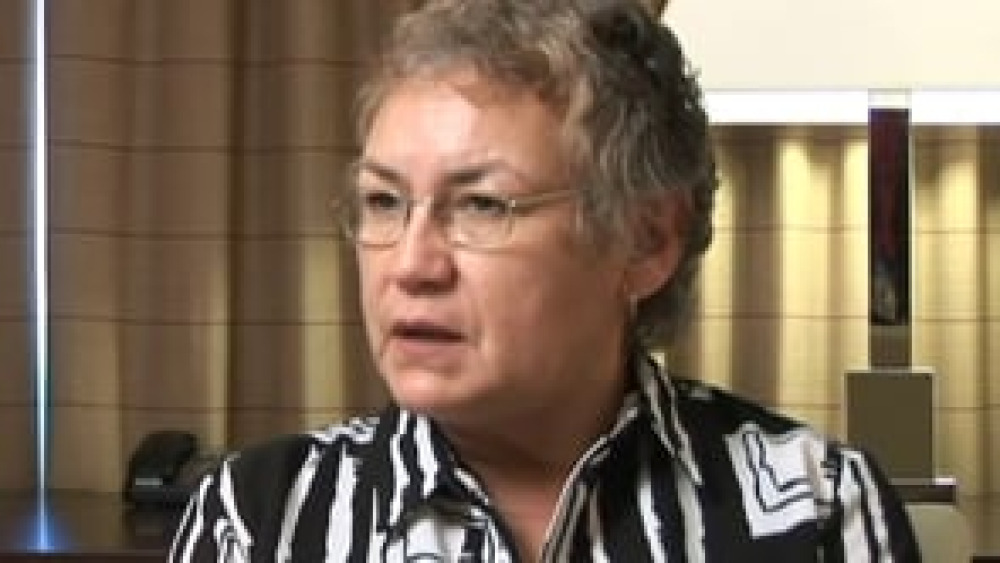
Sophie Pierre: Embracing Ancestry as the Basis for Ktunaxa Citizenship
"One of the key elements or one of our key pillars of course are our people, and our people embody our language and culture and you don't have a choice what you're going to be born as. Any of our people, when they're born, we're Ktunaxa, just as Italians are Italians and it doesn't matter if they…
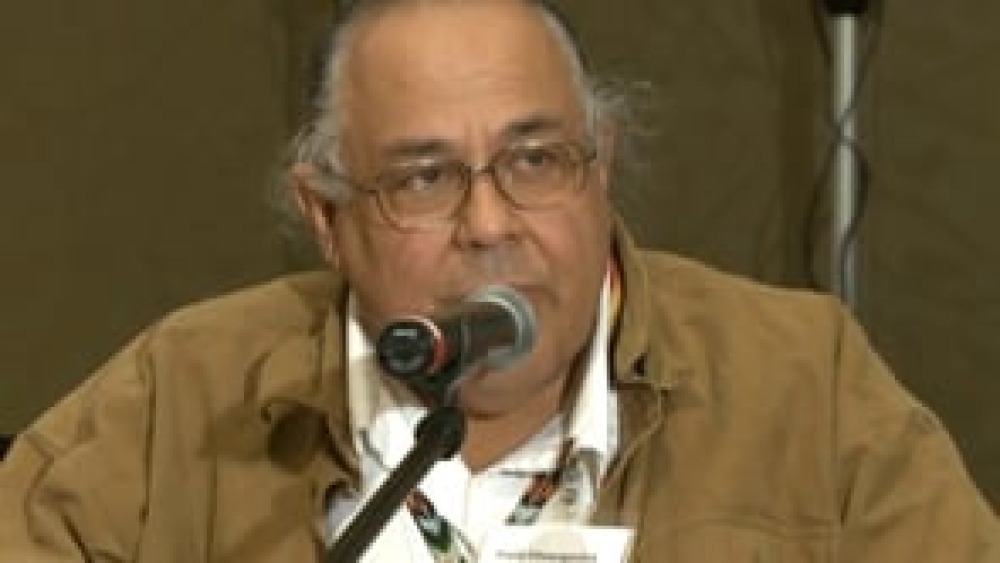
Native Leaders and Scholars: The Movement Away from Blood Quantum
Several Native leaders and scholars discuss the growing movement away from blood quantum as a primary criteria for determining eligibility for citizenship in Native nations.
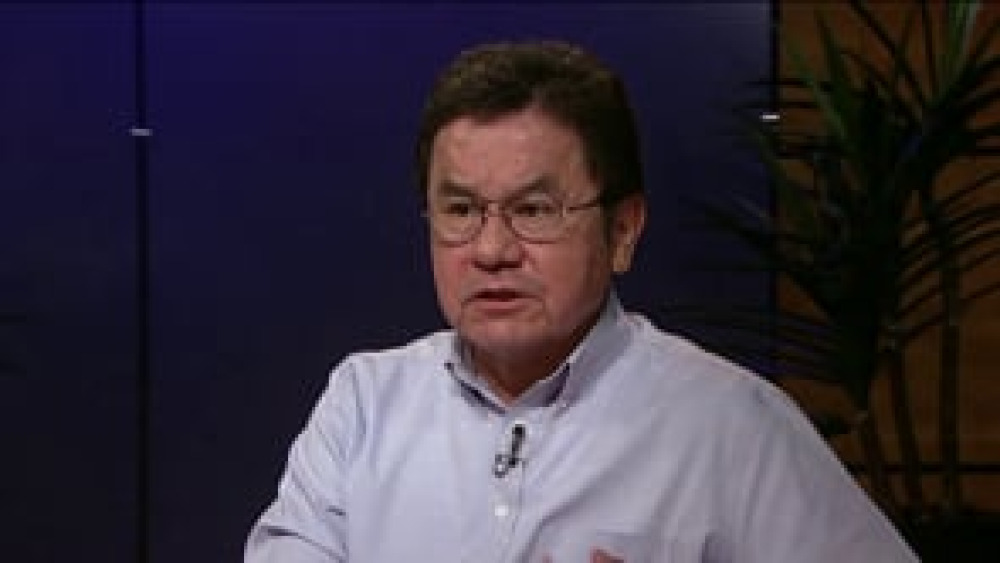
NNI Indigenous Leadership Fellow: John Petoskey (Part 2)
In the second of two interviews conducted in conjunction with his tenure as NNI Indigenous Leadership Fellow, John Petoskey, citizen and long-time General Counsel of the Grand Traverse Band of Ottawa and Chippewa Indians (GTB), discusses the legal doctrine of tribal sovereign immunity and the…
